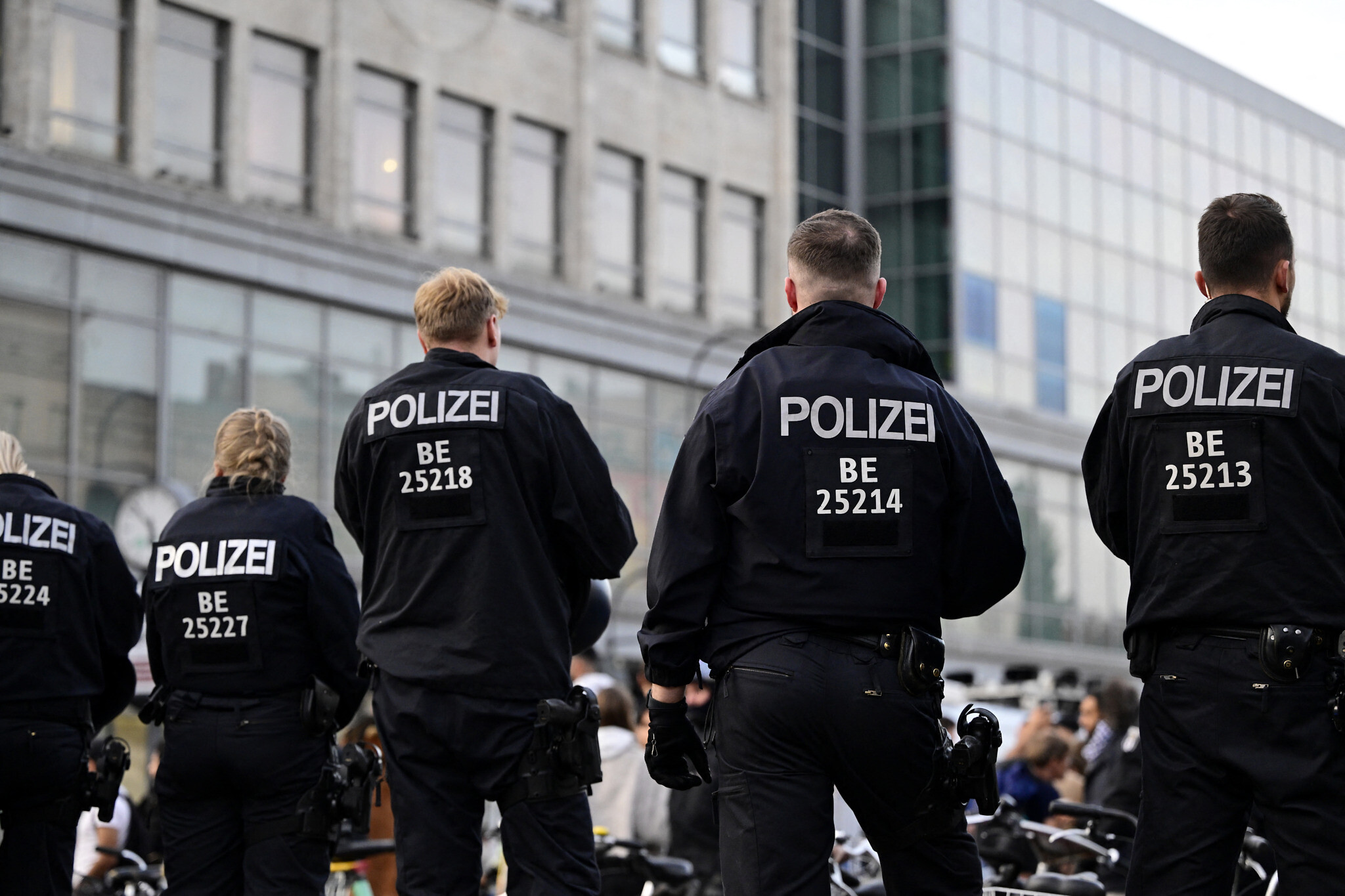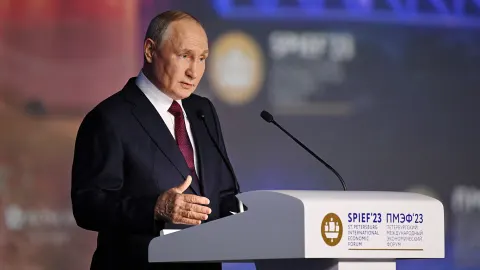Foreign
New health alert as weekend temperatures to hit 30C in UK

A heat-health alert has been issued for parts of England as temperatures are predicted to hit 30C (86F) over the weekend.
The alert is in place from 09:00 BST on Friday 9 June to 09:00 on Monday 12 June in London, the Midlands, eastern and southern England.
People are being asked to check on vulnerable friends and family.
The UK Health Security Agency (UKHSA) says the health and social care sector could be impacted.
This first alert – graded yellow – means this weekend, predicted to be hotter than Ibiza and Madrid, could affect the vulnerable including the over-65s and those with an underlying health condition.
Dr Agostinho Sousa, head of extreme events and health protection at UKHSA, said: “In the coming days we are likely to experience our first sustained period of hot weather of the year so far, so it’s important that everyone ensures they keep hydrated and cool while enjoying the sun.
“Forecasted temperatures this week will primarily impact those over the age of 65 or those with pre-existing health conditions such as respiratory and cardiovascular diseases.
“If you have friends, family or neighbours who you know are more vulnerable to the effects of hot weather, it is important you check in on them.”
- Know the symptoms of heat exhaustion and heatstroke and what to do if you or someone else has them
- Keep out of the sun at the hottest time of the day, between 11:00 BST and 15:00
- Exercise or walk your dog at cooler times of the day, such as in the morning or evening
- Close windows and curtains in rooms that face the sun to keep your home cool
- Cover up with suitable clothing if going outdoors, wear a hat and sunglasses, seek shade and apply sunscreen
- Drink plenty of fluids and limit your alcohol intake
BBC Weather meteorologist Tomasz Schafernaker said some parts of the UK official heatwave threshold might be met in parts ofcentral and southern England this weekend.
In order for a heatwave to be declared, temperatures must be above the official heatwave threshold for at least three consecutive days.
He said: “Typically highs will reach the mid to high 20s widely across the country, but there is an outside chance of 30C in England. This is dependent on sunshine.
Last year was the UK’s warmest ever – Coningsby, in Lincolnshire, reached a record 40.3C on 19 July.
The UKHSA expects heatwaves are “likely to occur more often, be more intense and last longer in the years and decades ahead”.
The new colour-coded alert system, launched last week, is run by the UKHSA and the Met Office. It is aimed at reducing illness and deaths among the most vulnerable.
There are two further alerts, not yet issued, representing more of a risk:
- amber meaning the impact could affect the wider population and is likely to be felt across the whole health service
- and red means a significant risk to life even for healthy people and a severe impact expected across all sectors
“The forecasts point to increasing amounts of cloud and the chance of thunderstorms which will have a bearing on the highest temperatures.
“Due to the increasing humidity the nights will also become uncomfortable over the weekend.”
Large parts of the country have seen little rain recently, with some areas in England not experiencing any rain since 11 May.
Foreign
3 teens arrested in Germany for allegedly plotting terror attack

German authorities have arrested three teenagers aged 15 and 16 on suspicion of plotting a deadly Islamist terrorist attack in the western German state of North Rhine-Westphalia, prosecutors said on Friday.
The state’s Central Office for the Prosecution of Terrorism (ZenTer NRW) sought an arrest warrant for the teenagers over the Easter holiday.
They were suspected of plotting a terrorist attack in accordance with the aims and ideology of (extremist militia organisation) Islamic State.
The detained suspects are a 15-year-old girl from Dusseldorf, a 16-year-old girl from the Märkischer Kreis district and a 15-year-old boy from the Soest district, located about 100 kilometres to the east of Dusseldorf.
A fourth suspect has reportedly been identified in the south-western German state of Baden-Württemberg, and the local court there has issued an arrest warrant.
According to the investigators, the teenagers are accused of having agreed to commit murder and manslaughter.
This is in conjunction with the preparation of a serious act of violence endangering the state.
The presumption of innocence applied in all stages of the proceedings.
Security sources told newsmen that the young people had formed a chat group, but had not drawn up a concrete attack plan for a particular time and place.
However, sources said the cities of Dortmund, Dusseldorf and Cologne were discussed as targets, and attacks with knives and Molotov cocktails on people in churches or police officers in police stations had been considered.
The sources said authorities had also conducted searches as part of the investigation.
A machete and a dagger were seized in Dusseldorf, but no evidence of the construction of incendiary devices was discovered.
Sources said the father of the Dusseldorf suspect had already attracted attention from authorities in the past because he had allegedly collected donations for the Islamic State.
The investigators declined to reveal how the suspected terrorists were tracked down, but said that foreign intelligence agencies “did not play a role.”
Foreign
Putin Registers As Candidate For Russia’s Next Presidential Election

Russia on Monday officially recognised Vladimir Putin as a candidate for the presidential elections in March, a vote that he is all but certain to win.
The 71-year-old has led Russia since the turn of the century, winning four presidential ballots and briefly serving as prime minister in a system where opposition has become virtually non-existent.
The Central Election Commission said it had registered Putin, who nominated himself, as well as right-wing firebrand and Putin-loyalist Leonid Slutsky as candidates for the vote.
The election will be held over a three-day period from March 15 to 17, a move that Kremlin critics have argued makes guaranteeing transparency more difficult.
Following a controversial constitutional reform in 2020, Putin could stay in power until at least 2036.
Rights groups say that previous elections have been marred by irregularities and that independent observers are likely to be barred from monitoring the vote.
While Putin is not expected to face any real competition, liberal challenger Boris Nadezhdin has passed the threshold of signatures to be registered as a candidate.
However, it is still unclear if he will be allowed to run, and the Kremlin has said it does not consider him to be a serious rival.




















